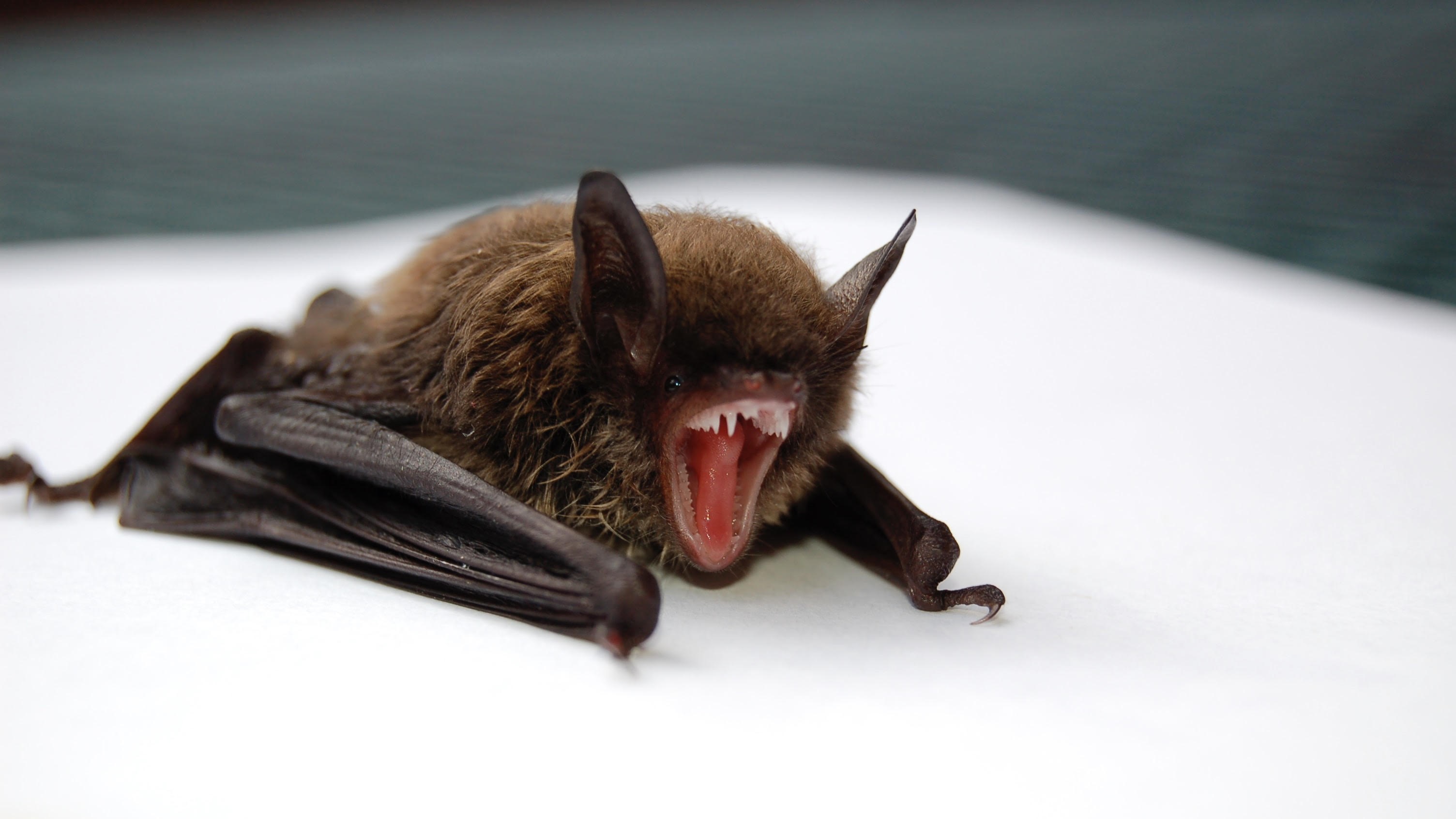
LOCAL
Rabid bat found in downtown Minneapolis
A bat found in downtown Minneapolis tested positive for rabies last week. According to the Minnesota Department of Health (MDH), a group of people found the bat at Marquette Avenue and 6th Street on Tuesday, September 10, around 1 p.m., and brought it to the University of Minnesota Veterinary Diagnostic Laboratory while it was still alive. Rabies was confirmed two days later.
Rabies is a viral disease transmitted through the saliva of infected mammals. The virus attacks the nervous system and is nearly always fatal. Of the 35 to 75 animals that test positive for rabies annually in Minnesota, most are skunks or bats. Because bat bites may go unnoticed, health officials recommend that individuals contact their physicians if there is any exposure to or contact with bats.
MDH is urging anyone who may have had physical contact with the bat last week to contact health officials at (651) 201-5414 or (877) 676-5414 to determine if post-exposure prophylaxis is necessary.
Minnesota Department of Health
NATIONAL
Widely used insecticide could be linked to songbird decline
A recent study published in Science links songbird population decline in North America to neonicotinoid exposure. Neonicotinoids are widely used pesticides in American agriculture and previous studies have shown adverse effects in honeybee colonies, other important pollinator insects, and insect-eating birds.
Songbirds rely on agriculture habitat for their spring migration stopovers and carry out their journey from the United States to Canada when farmers are planting crops with neonicotinoid-treated seeds. These migratory birds need to gain weight at each stopover to continue their journey north.
Researchers captured sparrows during a stopover on their spring migration and fed them varying doses of neonicotinoids. They compared dosed birds with captured sparrows who received no insecticide. The study showed that the chemical suppresses the birds’ appetites, leading to immediate weight loss and lethargy. Although the birds metabolized the drug quickly and recovered, birds fed high doses delayed their migration by an average of 3.5 days. Researchers hypothesize that this delay might cause missed breeding opportunities, leading to population declines.
INTERNATIONAL
Indigenous Brazilian groups hold joint summit to defend the Amazon forest
The Amazon’s August wildfires have caught the world’s attention, contributing to ongoing politicized debate over climate change. The National Institute for Space Research estimates that over half of Brazil’s 72,843 forest fires this year have occurred in the Amazon, accounting for an 88% increase compared to the same period in 2018. The Amazon rainforest produces over 20% of the world’s oxygen and is an important carbon sink, absorbing large amounts of greenhouse gases responsible for global warming.
While politicians and environmentalists alike have primarily focused the conversation on climate change, Brazil’s indigenous groups want the world to fight alongside them to protect their federally reserved land. Approximately 306,000 Amazonian indigenous people live in 422 federally protected territories across Brazil, protecting over 400 square miles of rainforest. Illegal loggers, miners, and squatters have invaded these reserves despite federal protections. Environmentalists and indigenous groups say the trespassers’ slash and burn efforts have ignited many of the fires, their actions likely unpunishable due to the government’s weakened environmental policies.
In August, 14 different indigenous groups met for a three-day summit in Kubenkokre, some traveling hundreds of miles and some former rivals, to develop united strategies to protect their land. They blame Brazilian president Jair Bolsonaro for anti-indigenous rhetoric that has questioned whether these preserved lands should exist, promoting agribusiness and encouraging land-grabbing invaders’ illegal activities.
